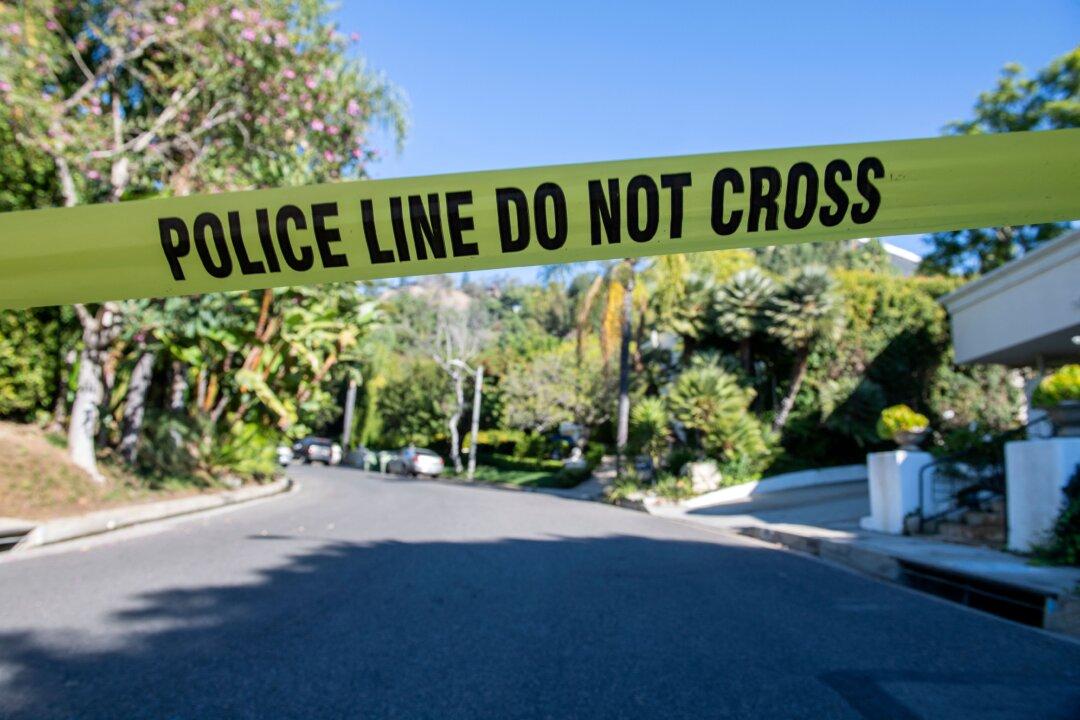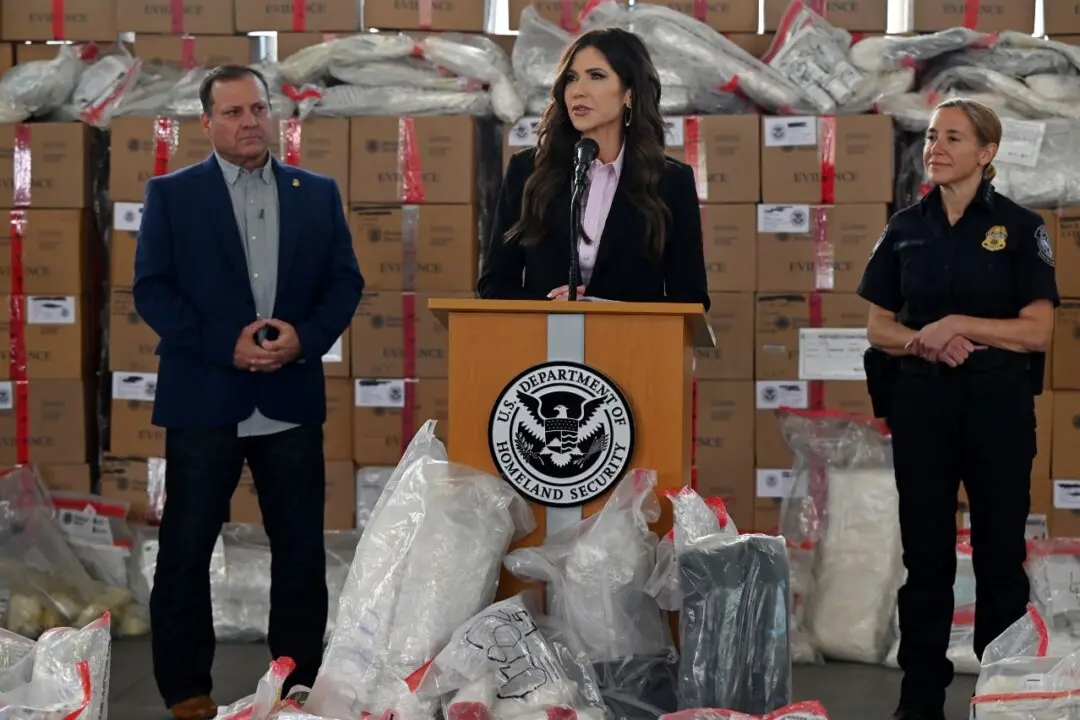A recent spate of smash-and-grab robberies in major California cities such as San Francisco and Los Angeles suggests that law enforcement policies in the state are falling short, according to several business associations.
“It’s a real problem,” John Kabateck, state director of the National Federation of Independent Business, told The Epoch Times.





